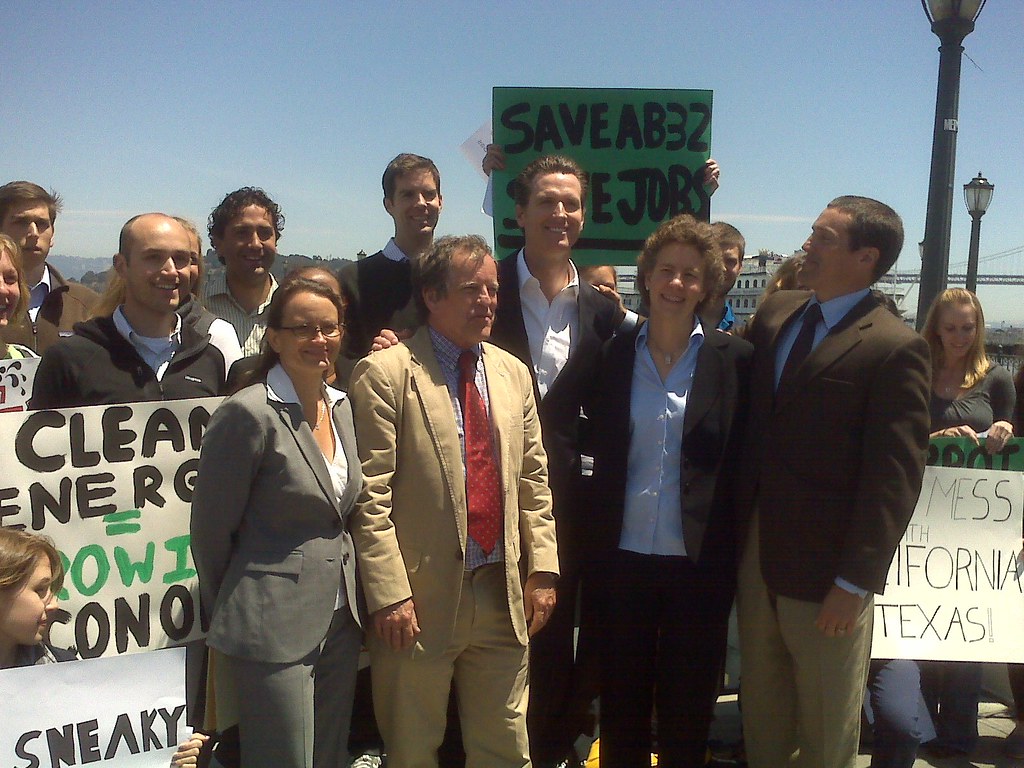The climate bill blame game has begun. When I first started writing this post about the so-called death of the climate bill, I literally pointed the finger at just about everyone, including myself. The anger poured out, and I was frank in my assessment as well as unforgiving in the motives behind this latest setback.
After I was done with my self-loathing tantrum, the kids ran in the door from camp and I was swept up in the lovely reality of my family's banter. It is summer, so the pace in our home is a bit more relaxed in the evening. We aren't quite as quick to rush through dinner, toss the kids in a bath, and then march them off to bed. Ice cream and extra cuddles are relished, and I am reminded each year at this time why I do this job.
Later, after progeny were tucked in, I went back to my draft blog post to spruce it up. I reread my rage, disappointment, and irrational ramblings and was embarrassed. And I asked myself “What good is all this blame going to do?”
At the end of the day, it is my kids – and your kids – who lose when we implode. If you think kids have a lot to say about their parents now on Dr. Phil, can you imagine what our children will say in 50 years should we fail to get our act together?
The country should be ready for this. The facts are on our side. As we witness the worst industry-caused environmental catastrophe in our history, the worst coal mining disaster in 40 years, and sweat through the hottest first 6 months of any year on record, it is clear that there's never been a more urgent time to move forward with a smart clean energy and climate plan.
Unfortunately, the politicians just aren't there. At every juncture during this debate, a minority, led by the Republican leadership and supported by a few impressionable (I might say pathetic) Democrats, has obstructed the opportunity to solve America's energy problems, preferring to leave the worst polluters and the big petro-dictators in control of our energy policy, while tax-payers are forced to pay for their messes.
Oopsy… there goes that blame again. Let's focus on what we can do next.
Hope is not lost. Of course, the closer we get to the midterm elections, the more challenging passing a bill becomes. Still, it's not impossible. In fact, the Senate has passed almost every single bedrock environmental law in the fall of an election year or in the “lame duck” session following an election. Here are just a few examples:
o Safe Drinking Water Act (SDWA) – 1996 Amendments: 8/6/96
o Food Quality Protection Act: 8/3/96
o Energy Policy Act of 1992: 10/24/92
o Clean Air Act of 1990: 11/15/90
o SDWA – 1986 Amendments: 6/19/86
o CERCLA (Superfund): House 9/23/80, Senate 11/24/80, POTUS 12/11/80
o Resource Conservation & Recovery Act (RCRA): 10/21/76
o Toxic Substances & Control Act (TSCA): 10/11/76
o SDWA: 12/16/74
o Clean Water Act: 10/18/72
o Establishment of the EPA: first proposed 7/9/70, established 12/2/70
o National Environmental Policy Act (NEPA): 1/1/70
o The Wilderness Act: 9/3/64
As this list demonstrates, the Senate and the environmental movement are no strangers to passing major legislation right before – or just after – an election.
I don't want to overpromise success. This is an uphill battle. But if you and I show up to every town hall, rally, spaghetti dinner, and other rituals of election year and fight for our kids… fight for our country… fight for our America… we can turn the tide. Without that kind of passion, we will all lose. That's an outcome we must try hard to avoid, on behalf of people, communities, large and small businesses – oh, and our kids, sleeping peacefully or playing happily around the country.
In the meantime, we must also protect what we already have, like a plethora of state laws and the federal Clean Air Act. I recommend reading David Doniger's blog on Switchboard today that really outlines how we can make progress with the tools we have right now.
In coming weeks and months, we must continue to push forward for a strong, clean energy and climate bill, just like we have done countless times in the past. I am done with blame. History is on our side. Are you?
Take action today for a cleaner, stronger, and more sustainable future. Join NRDC Action Fund on Facebook and Twitter and stay up-to-date on the latest environmental issues and actions you can take to help protect our planet.

 As if the oil companies from Texas – and their allies in the corridors of power – hadn’t done enough harm to our country already (for more, see the late, great Gulf of Mexico), now they are at it once again. This time, it’s Valero and Tesoro, pouring money into a campaign this election season to undo California’s landmark, clean energy and climate law, AB 32. On Tuesday, the oil companies’ proposition
As if the oil companies from Texas – and their allies in the corridors of power – hadn’t done enough harm to our country already (for more, see the late, great Gulf of Mexico), now they are at it once again. This time, it’s Valero and Tesoro, pouring money into a campaign this election season to undo California’s landmark, clean energy and climate law, AB 32. On Tuesday, the oil companies’ proposition